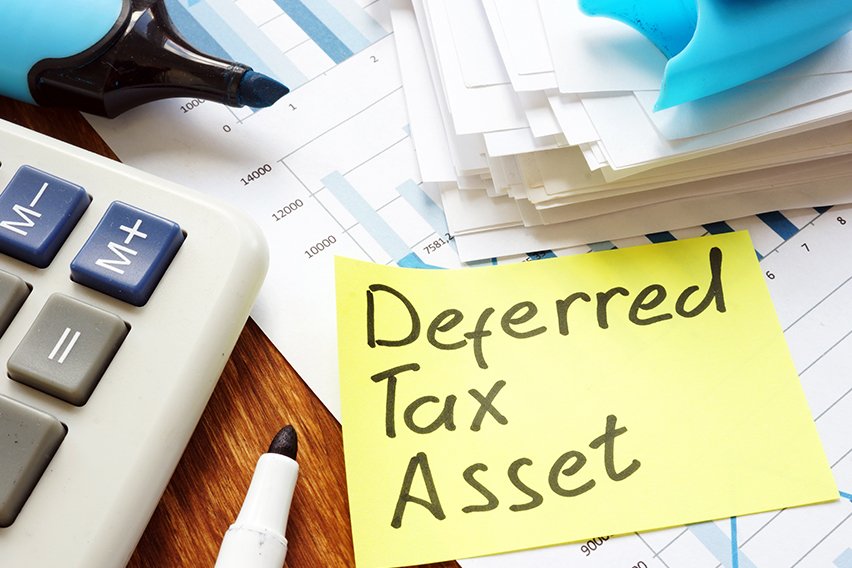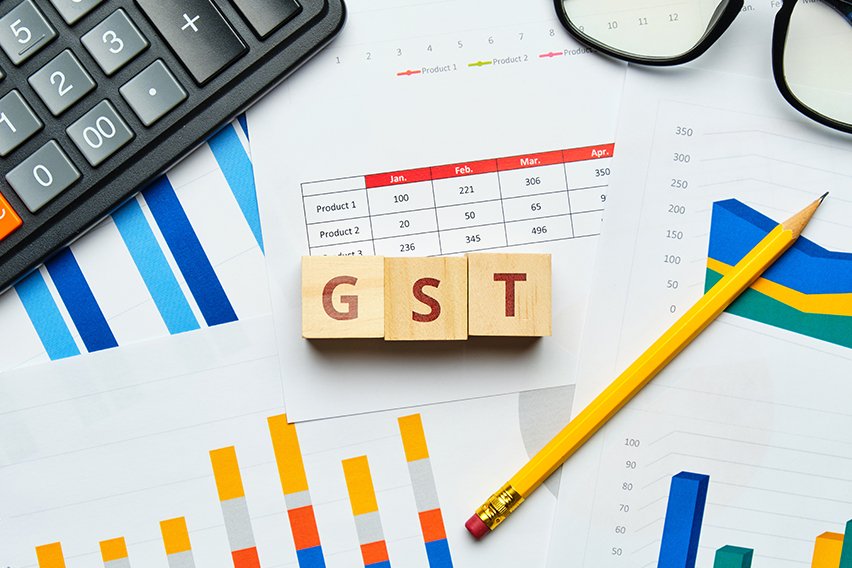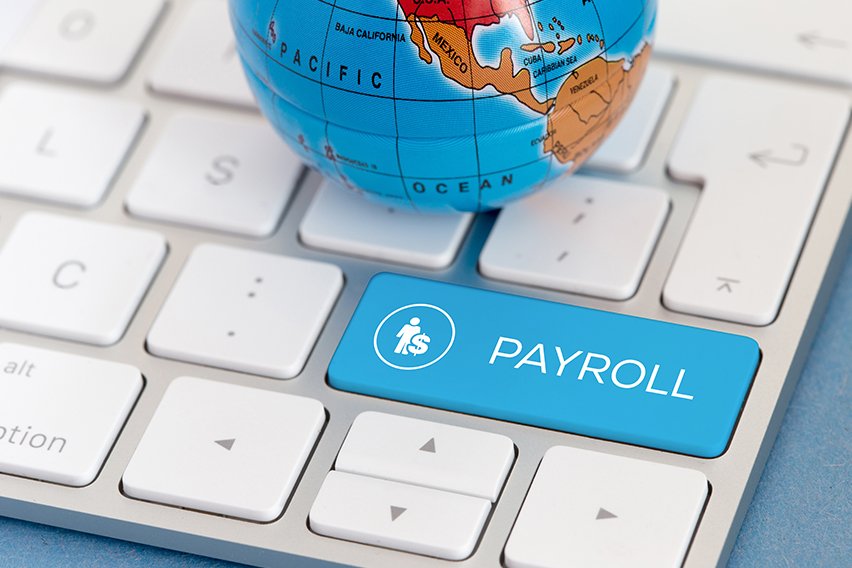Technology Investment Boost: Small Business Tax Break

The 2022-2023 federal budget included several great initiatives designed to help SMEs. This is a huge win for small business owners across the country. They now have access to several tax breaks and business benefits.
Among the announcements were a Skills and Training Boost and an extension to the Boosting Apprenticeships Commencement salary subsidy. But today we’re going to take a look at the Technology Investment Boost, which is a small business tax break.
Read on to learn what it is, what expenses you can expect to claim, and the benefits you can gain.
Table of Contents
- What is the Small Business Technology Investment Boost?
- Eligible Technology Expenses
- How to Claim the Technology Investment Boost
- Benefits of Taking Business Digital
- How Can You Use the Technology Investment Boost?
- Key Takeaways
- FAQs About the Technology Investment Boost
What Is the Small Business Technology Investment Boost?
The Small Business Technology Investment Boost helps small enterprises use digital technologies. These kinds of advantages are crucial to developing a more robust, successful, and resilient economy.
The Technology Investment Boost will assist small enterprises. This includes businesses with a combined annual turnover of less than $50 million. The boost will help these businesses adopt digital technology.
This is accomplished by offering an additional 20% tax deduction for qualified expenses. Also provided are depreciable assets that embrace digital operations.

Eligible Technology Expenses
For the bonus deduction to apply to your business, you must meet the following criteria:
- For a deduction, another tax law’s provision must cover the expense
- Incur the expense between 7:30 p.m. (Australian Capital Territory legal time) on March 29, 2022, and June 30, 2023
- If it is on a depreciating asset, put it to use by June 30, 2023
The bonus deduction has a set maximum claim of $20,000 per income year. This is available to small enterprises.
The bonus deduction is not applicable to all types of expenses, including wage and salary charges.
Spending must entirely or mostly go towards supporting an entity’s digital activities. Or it must go through the process of digitising those operations to qualify. Otherwise, it will not qualify for the deduction. In other words, the qualified expense must be directly related to the entity’s digital business operations.
A business expenditure may include, but is not limited to:
- Digitally enabling things – The hardware, software, systems, and services used in computer and telecommunications networks to create and make them easier to use.
- Digital media and marketing – Audio and visual content that you produced, accessed, stored, or viewed on digital devices.
- E-commerce – Facilitating digitally-ordered or platform-enabled online transactions.
To make sure you get the most out of these expenses, ensure that you are correctly tracking your expenses.
FreshBooks offers easy expense tracking, all thanks to our strong and straightforward tool. Without the hassle of spreadsheets or piles of unorganised receipts, you’ll be able to quickly see what you’re spending. You’ll also see the profit you’re making.
How Can I Create a Quick Expense With FreshBooks?
Follow these simple steps if you want to be able to quickly create or change an expense:
- From the Expenses section, click on the + New Expense button above the list.
- Click on Add Merchant. Type in a new Merchant or choose from a pre-existing list of Merchants you’ve used before.
- Click the Add category to select a Category or Subcategory. (Or create your own Custom Subcategory instead.)
- The Date is automatically set to the present day. Click to change it to a different date instead.
- If needed, click on Assign to Client/Project to assign the expense to a Client or to a specific Client’s Project.
- To add Sales Taxes, click on Tax Amount
- Check off up to two boxes next to Taxes that you want to add. (Or you can use the Add Another Tax button to make a new Tax instead.)
- Then click Apply Taxes.
- If you need to override the sales tax amount with a different total, click on the Advanced Expense settings and follow the remaining steps above.
- Under Grand Total, type in the full amount of the expense.
- If needed, click on Add Description to give more details on the expense.
- To attach a receipt, click on the Attach Receipt link.
- When you’re done, click on the checkmark button to save the Expense. If you’re looking for more settings, click on Advanced Expense settings instead. Then follow the remaining steps above. (Advanced settings may include adding a Markup, Make Recurring, or changing the Currency from the last Expense created.)
How to Claim the Technology Investment Boost
It’s important to take the right steps to make sure you can properly claim this boost.
For eligible expenses incurred from 7:30 p.m. AEDT on March 29, 2022, through June 30, 2022:
- Claim the expense as normal in your 2021–2022 tax return. Then in your 2022–2023 tax return, claim the 20% bonus deduction.
For allowable expenses incurred between July 1, 2022, and June 30, 2023:
- Write down the entire 120% on your 2022–23 tax return.
Benefits of Taking Business Digital
There are many benefits that come with taking your business digital. Here are some of the more common ones:
- Helps to increase customer satisfaction
- It gives you access to data-based information and insights about your business
- Enables you to automate certain aspects of your business
- Promotes collaboration between departments
- Gives you access to top-of-the-line software
- Cuts down on human error
- It increases your operational efficiency
- Helps to enable future digital growth
How Can You Use the Technology Investment Boost?
For every $100 spent on “digitally enabling things”, small businesses will be eligible to get a $120 tax credit under the plan. This includes money spent on hardware and software. It also includes anything that enables the use of a computer, digital media and marketing, and e-commerce.
So, you can use this boost to update or revamp your business technology without incurring a high level of costs. This means that businesses can upgrade their existing infrastructure. Or businesses that have fallen behind can invest in bringing themselves up to date.

Key Takeaways
The government has announced an extra 20% tax deduction. This deduction is for qualified investments in digital technologies. Overall, this is a huge boost for small businesses.
The future is certainly headed more towards digital adoption being an everyday part of running a business. This set of tax breaks allows business owners to bring their firms into the future.
It is clear that Australia is investing in its future and is willing to support digital operations. And this type of investment can truly help to encourage business growth.
FAQs About the Technology Investment Boost
How Much Is Australia Investing in Technology?
According to the research firm Gartner, Australia’s IT and communication investment will reach $190 AUS billion in 2022. That’s an increase of 6.5% from 2021.
Has the Small Business Technology Investment Boost Been Approved?
Yes, the Australian government is offering $1 billion in tax incentives. This money is to promote the widespread adoption of digital technology.
RELATED ARTICLES

 Skills And Training Boost For Small Business
Skills And Training Boost For Small Business What Is Deferred Tax?
What Is Deferred Tax? What Is GST (Goods & Service Tax): An Overview
What Is GST (Goods & Service Tax): An Overview What Is Single Touch Payroll (STP) & How It Works?
What Is Single Touch Payroll (STP) & How It Works? What Is a BAS Statement? A GST Guide
What Is a BAS Statement? A GST Guide What Expenses Can Be Claim on Tax Deductions Without Receipts?
What Expenses Can Be Claim on Tax Deductions Without Receipts?